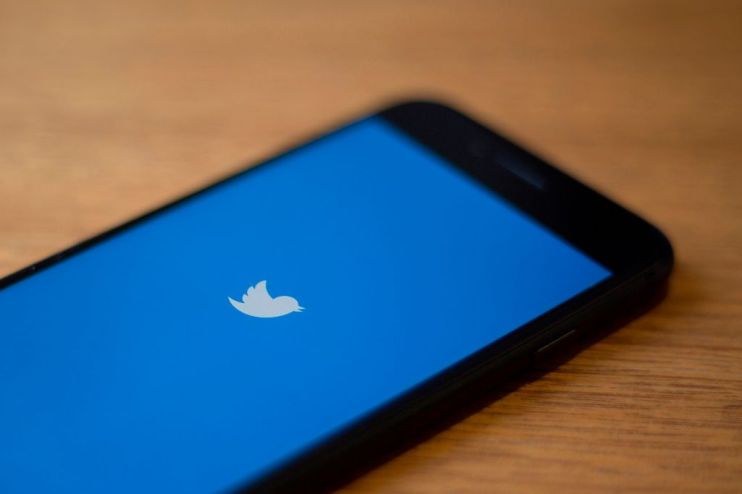General Election 2019: Twitter ban on political ads comes into effect

Today is the first day of Twitter’s political ad ban, less than a month out from the general election and a year ahead of the 2020 US presidential election.
The social media firm revealed last week that it’s ban would include all mentions of political candidates and legislation.
All three leading parties – Conservatives, Labour and Liberal Democrats – have so far spent thousands of pounds on online advertising, although it has mostly come on other platforms.
Read more: Twitter acquires London AI startup as it looks to target small businesses
Last week the Tories had spent more than £85,000 on advertising on Facebook and sister-site Instagram, while Labour spent just £43,000. Lib Dems splashed out £42,000.
Other big spenders have been organisations such as the Electoral Commission and campaign groups, like the Remain-supporting Best For Britain.
A lot of adverts have been targeted at those under-35, particularly by Labour, as the demographic least likely to vote.
A report in the Guardian revealed that Jeremy Corbyn’s party had spent five times as much on Snapchat adverts – a social media platform that is overwhelming used by people under 30.
It said Labour had spent £15,000 which had bought 13m video views.
Meanwhile, it was revealed earlier this week that Google’s transparency report had severely under-reported the spending on political ads by both Labour and Conservative parties.
In the most drastic case, Google had reported that Labour had spent just £50 on adverts in the first two weeks of the election.
In reality it was more than 1,000 times more at £63,900, but the ads had been focused on search terms such as “Brexit” or “Brexit Party”.
It is a problem that Twitter will not have to face, however, after deciding to ban all forms of political advertising.
Read more: Twitter shares plunge after revenue hit by weaker advertising and demand
The social media site said ads will not be allowed to advocate for certain outcomes on political or social causes.
“We believe political message reach should be earned, not bought,” Twitter chief executive Jack Dorsey said last week.
A combination of automated technology and human teams will be used to enforce the new ad policies.